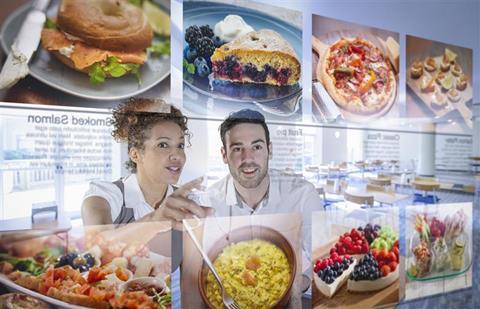
Final details of next year’s restrictions on advertising for junk food products have been confirmed by the government.
In September, Labour published a response to the 2022 consultation on draft secondary legislation, which will enforce a 9pm watershed for TV and on-demand ads and a total ban on paid-for adverts online featuring products high in fat, sugar, or salt (HFSS) from 1 October 2025.
To help businesses including bakery brands prepare, the government has now published new guidance with more detail on which food types will be covered by or exempt from the regulations across 13 categories.
The guidance states that advertising restrictions will only apply to food that is determined to be ‘less healthy’. This is done via a two-stage process, with products needing to both fall within one of the categories and score 4 or above when applying the 2004-2005 Nutrient Profiling Model using the 2011 technical guidance (which can be downloaded from this page).
Categories include all variations of products and meals including hot, ambient, chilled, frozen, ready-to-eat, and on-the-go, whether they be prepacked or served loose.
Of specific interest to bakers are the following categories and product types in the scope of ad restrictions, as well as those that are excluded:
Category 2 – Savoury Snacks
Product examples: crackers, rice cakes, and biscuits that are eaten as alternatives to crisps
Exemptions: larger packs of breadsticks not intended to be eaten in the same way as savoury snacks
Category 6 – Cakes
Product examples: sponge cakes, cupcakes, cake bars and slices, doughnuts, American muffins, flapjacks, Swiss rolls, brownies, traybakes, cream cakes, mini rolls, éclairs, and frozen cakes
Exemptions: cake decorations and toppings, including icing and sauces
Category 7 – Sweet Biscuits
Product examples: cereal bars, sweet toaster pastries, filled and unfilled sweet biscuits and cookies, breakfast biscuits, shortbread, and coated chocolate biscuit bars
Category 8 – Morning Goods
Product examples: Danish pastries, viennoiserie like croissants and pains au chocolat, crumpets, pancakes, buns (iced, fruited and sweet non-fruited), teacakes, scones, waffles, English muffins, bagels (plain and sweet), fruit loaves, hot cross buns, brioche, and malt loaf (sweetened with sugar or fruit)
Exemptions: savoury breads such as focaccia and olive bread (some may be captured in other categories)
Category 9 – Desserts & Puddings
Product examples: tarts and flans, cheesecake, gateaux, sponge puddings, crumbles, roulade, meringue desserts, choux pastry desserts, Christmas pudding, trifle, Roly Poly, and dessert pizzas
Exemptions: dessert toppings and sauces, and sponge fingers sold as a component to make a dessert
Category 11 – Pizza
Product examples: deep pan, deep dish, thin crust and stuffed crust pizzas, all topping varieties and all sizes, and flatbread pizzas
Exemptions: garlic bread and cheese garlic bread, and ‘loaded’ varieties of garlic bread
Category 13 – Meals & Food To Go
Product examples: ready meals, children’s meal bundles, any menu items that are intended to be consumed with other products as a complete meal (e.g. burger in a bun with fries), and sandwiches of any kind including baguettes, ciabattas, wraps, bagels, filled muffins, filled buns or baps, filled croissants, toasties, or paninis
Exemptions: retail meal kits (e.g. fajita kits), savoury pastries (e.g. meat pies, sausage rolls, quiches etc), party food which is not intended to be consumed as a complete meal
Multibuy deal bans
In addition, the guidance also highlights the differences between the advertising restrictions and the promotions regulations on HFSS products, both of which are set to be enforced next October after having start dates pushed back twice from their originally proposed introduction at the end of 2022.
Ad restrictions are to apply to business in all four UK territories – England, Scotland, Wales, and Northern Ireland – employing 250 or more people and involved with the manufacture or sale of food, including franchises and symbol groups. However the promotions regulations, which cover multibuy deals such as ‘buy one get one free’ and ‘three for two’, only apply to English firms with 50 or more staff offering prepacked food for retail stores or online.
Restrictions on placement of less healthy products at key locations like checkouts, store entrances, aisle ends, and their online equivalents came into effect in October 2022.
Read the full guidance published on the government’s website here.



















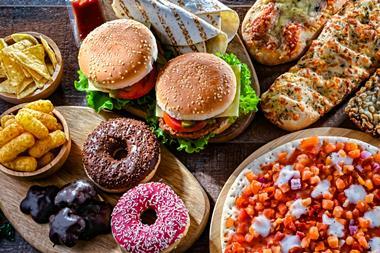

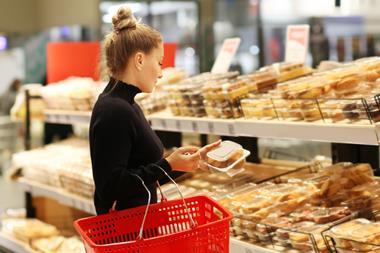

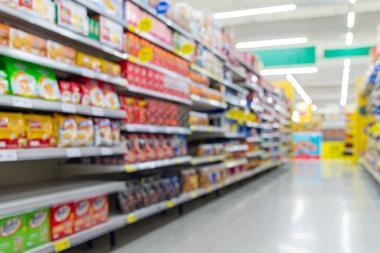
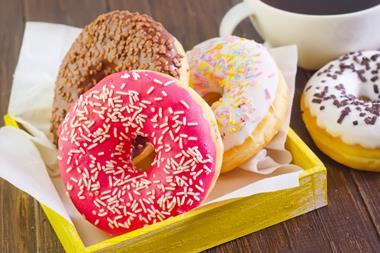


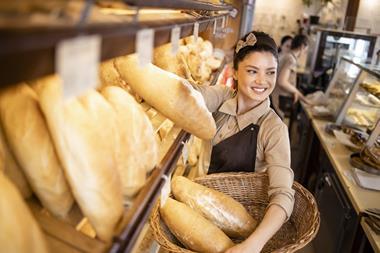
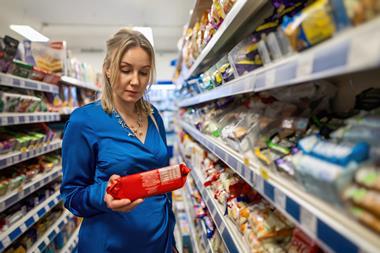

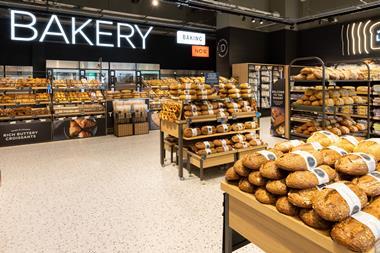

No comments yet